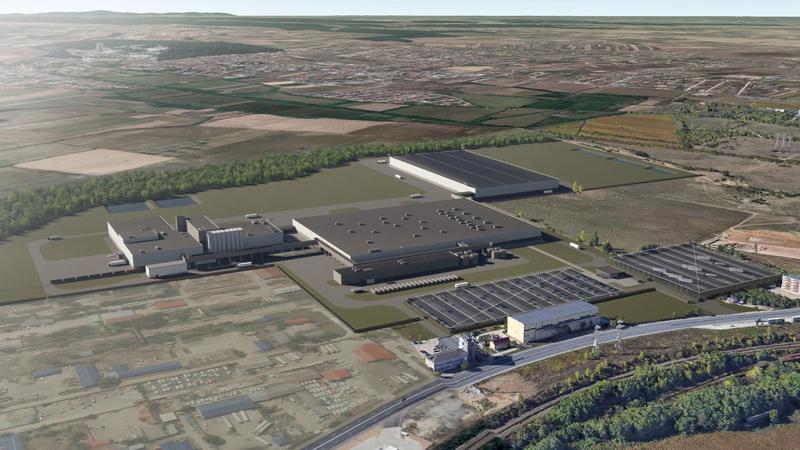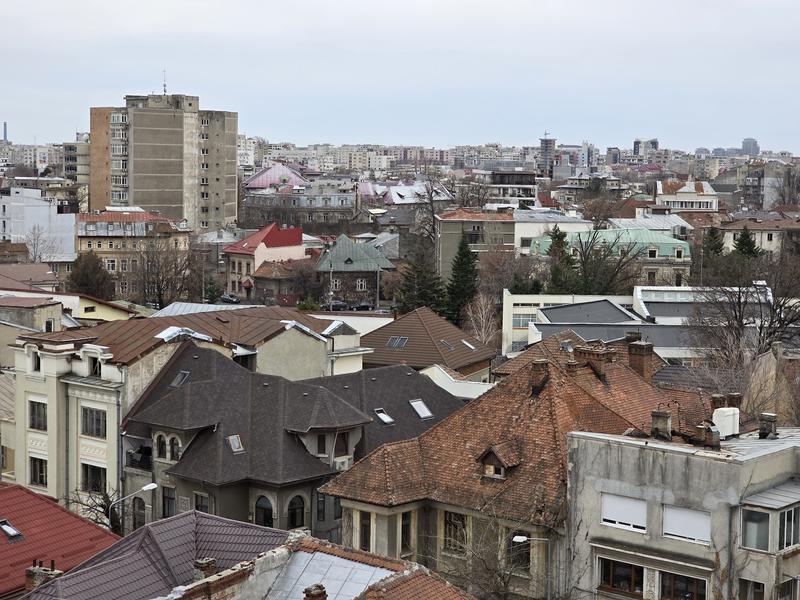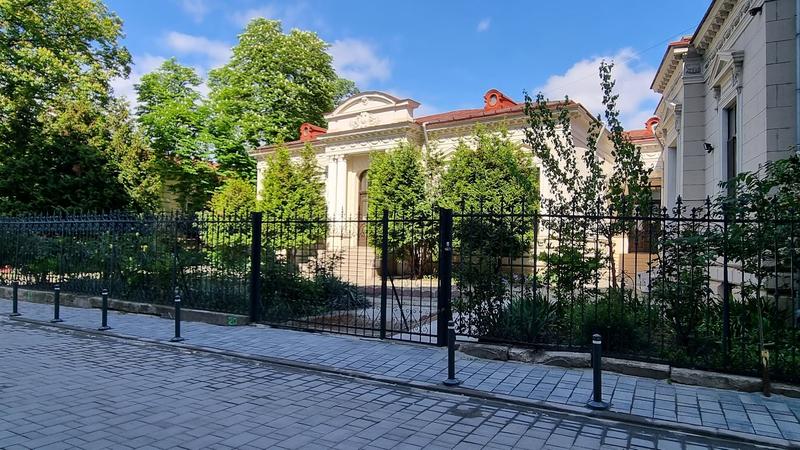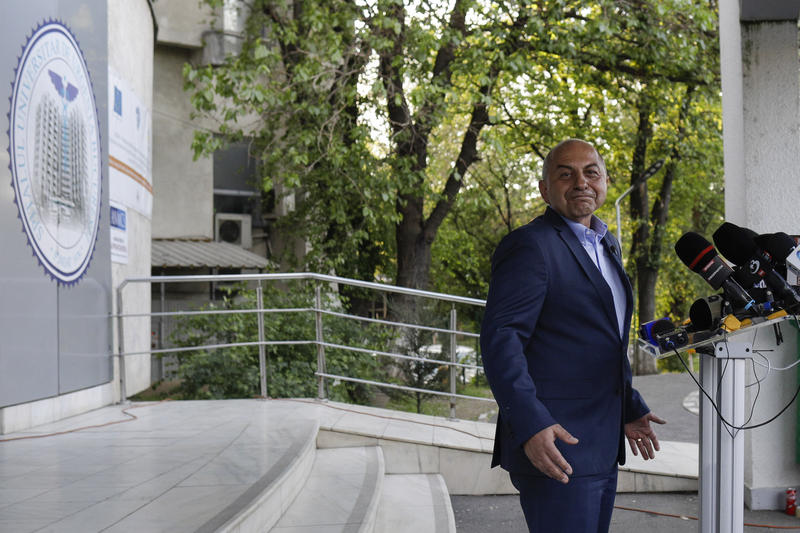Romania's Constitutional Court (CCR) decided on Thursday to postpone until September 12 a decision on the validation of the Sunday referendum to dismiss the president, in which not enough votes were cast to exceed a 50% turnout threshold needed for the ballot to take effect. The news was announced by a CCR judge, quoted by TV news channels. The Court decision to postpone such a decision does little to solve the political crisis affecting Romania for the past weeks. Romania's central bank governor was among the last to warn today that a calmer domestic political life would help alleviate pressures on the economy.
- UPDATE CCR later issued a press release showing that the postponement of a decision was due to "contradicting data" regarding the number of people on electoral lists. The Court asked the Government to send by August 31 the updated permanent electoral lists based on which the referendum was organized. On Thursday morning, the Interior and Administration Ministry sent a decument to the CCR saying it cannot stand behind the number of people on permanent electoral lists, despite that a day before it had sent another official document showing the number of listed voters was the one valid on the date of the referendum, July 29 - that is, over 18 million voters.
According to CCR judge Tudorel Toader, as quoted by TV news channels, the decision to postpone a decision on the validation of the referendum was made so that all electoral lists used in the referendum be checked. And another judge, Aspazia Cojocaru, was quoted as saying that in her opinion the referendum should have been annulled because "everything was based on false data".
- The Sunday referendum took into consideration the official lists of voters. Eventually, 46,24% of the total number of listed voters showed up and voted in the referendum, an overwhelming majority of which opted in favor of dimissing suspended President Traian Basescu. But as Basescu urged the people not to support the Parliament move to impeach him, which he called a "coup d'etat", a necessary turnout threshold of 50% was not met.
- Shortly after the referendum was over, the governing USL alliance led by PM Victor Ponta and interim President Crin Antonescu started arguing that the lists of voters were outdated and that, according to other data such as the unofficial figures from a census last year, the 50% threshold was in fact met.
- The members of the Constitutional Court are named politically. In this case, the Court can make a decision with the vote of six of its nine members.
The Thursday CCR decision means that at least until September 12 Traian Basescu remains suspended and that Crin Antonescu stays as Interim President.
- As interim President, Crin Antonescu has the power to name - at the proposal of the Justice minister - a new head of the National Anti-Corruption Department (DNA), as the first extended term of current DNA chief Daniel Morar is due to expire on August 12. Daniel Morar, which was lauded by international bodies for his activity over the past several years, has been the target of criticism among representatives of the USL governing alliance. But the situation was complicated on Thursday as Romania's prosecutor general Codruta Kovesi was about to grant Morar a second 6-month extension of his term as head of DNA, considering that Justice minister Titus Corlatean has not yet made any proposal in this regard, as news agency Mediafax reports.
Earlier on Thursday, Romania's central bank BNR decided to maintain its key interest, a decision expected by banking market representatives who pointed to a weaker economy, the lack of predictibility of the political life and growing inflation.
Romania's currency leu has faced a downward spiral against the euro over the past several weeks. In the first days after the referendum, it showed a slight improvement, but started losing ground against the European currency again on Thursday.
BNR Governor Mugur Isarescu said on Thursday that the annual inflation rate grew 2.4% in June, that worsening conditions can be seen at global level and that this, overlapped with continuing political troubles in Romania, was prompting capital to leave Romania.
An improvement of the domestic political life would be of great help for the economy, Isarescu said.



















